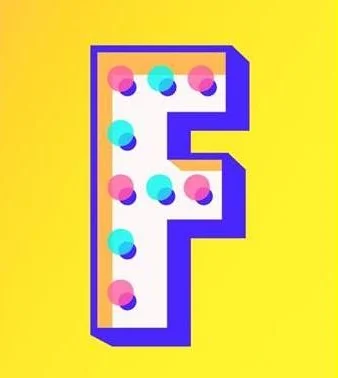In an age of pro-diversity and millennials brought up on Lady Gaga’s ‘Born this Way’, it seems strange - or maybe it’s timely - to watch a movie which so rawly exposes how people were once so afraid of (and unfortunately therefore nasty to) others who looked or behaved a little bit differently. And it’s a stark reminder that many people s
The Greatest Showman is a modern lesson in celebrating humanity, in all its shapes and sizes; it is a very romantic tale told around the story of Phineas Taylor Barnum’s original circus (which was likely pretty murky in its reality at times). And whilst it is the story of the variety of humanity in the wider sense, it is the wonderful story of individual humanity and how one human’s early life mistreatment stirred a strive for success and appreciation from those who mistreated him, which most intrigued me. So my favourite lines in the movie had little to do with the diversity and kindness message, and everything to do with the people pleaser mentality in the once-impoverished-constantly-striving-for-success Phineas Taylor Barnum. When his wife Charity (played by Michelle Williams) tells him that you don’t need everyone to love you, you just need a few good people to, it hit home with me as I was once a massive people-pleaser. Another line in the same vein was delivered by the hugely successful Jenny Lind character (Rebecca Ferguson) who recogises Barnum’s need for approval from people who shunned him all his life when she acknowledges that being shunned because of who you are in your youth ‘leaves a hole that no ovation will ever fill’.
I watched this movie with my six year old, so I had to explain in simple terms why Zac Efron’s character Philip Carlyle’s family shunned the relationship he had with his fellow circus performer Anne Wheeler (played brilliantly by Zendaya) - and that, my friends, was our first conversation about racism. I then went on to talk about how rich people sometimes shunned poorer people and how people who were different or looked differently caused fear, which in turn caused the nastiness from those who thought themselves ‘normal’. But in spite of the hatred exposed in the movie, the audacious razzmatazz of the circus sweeps you up and carries you along with the Barnum hoodwinkery and humbug to a happy Hollywood ending (thank goodness, as Valentina cried - sobbed - at least twice during the movie).
But enough of my own personal experience, what is this, a blog or something?! (JOKE!) This movie is first and foremost a musical of course, and the lyrics and choreography are outstanding - with most lyrics written by the team behind La La Land. It is sure to make it to Broadway and the West End in time. The songs are safe, easy and super catchy, they are of their time, but also timeless in their appeal and they’re delivered in a massive belt-it-all-out way which will keep karoke fans happy for decades and will no doubt have the soundtrack at the top of the download charts. Keala Settle (who plays the Bearded Lady) is the crux of the vocalists in the movie for me - she really starts to Come Alive in the song of the same name, and when she gets her solo in This Is Me, you cant help but feel the empowerment conjured up with the lyrics and sentiment in the song.
With my own background in fashion events, it is no surprise that I loved the movie’s wardrobe - what fun must the costumiers have had concoting those. Oh and by the way, can I please borrow that one-shouldered golden sequin leotard on one of the chorus?
Cinematography was led by Armagh man Seamus McGarvey who scores in every one of his movies. And the director Michael Gracey apparently has loose roots here at home with my former BBC trainee colleague and now national producer friend claiming him as a cousin. Some critics say this is no Moulin Rouge, but when I realised he’d only ever done small commercials, I loved him a little bit more.
Barnum famously said once ‘the show must go on’ - and I have every confidence that this one will.
9/10




